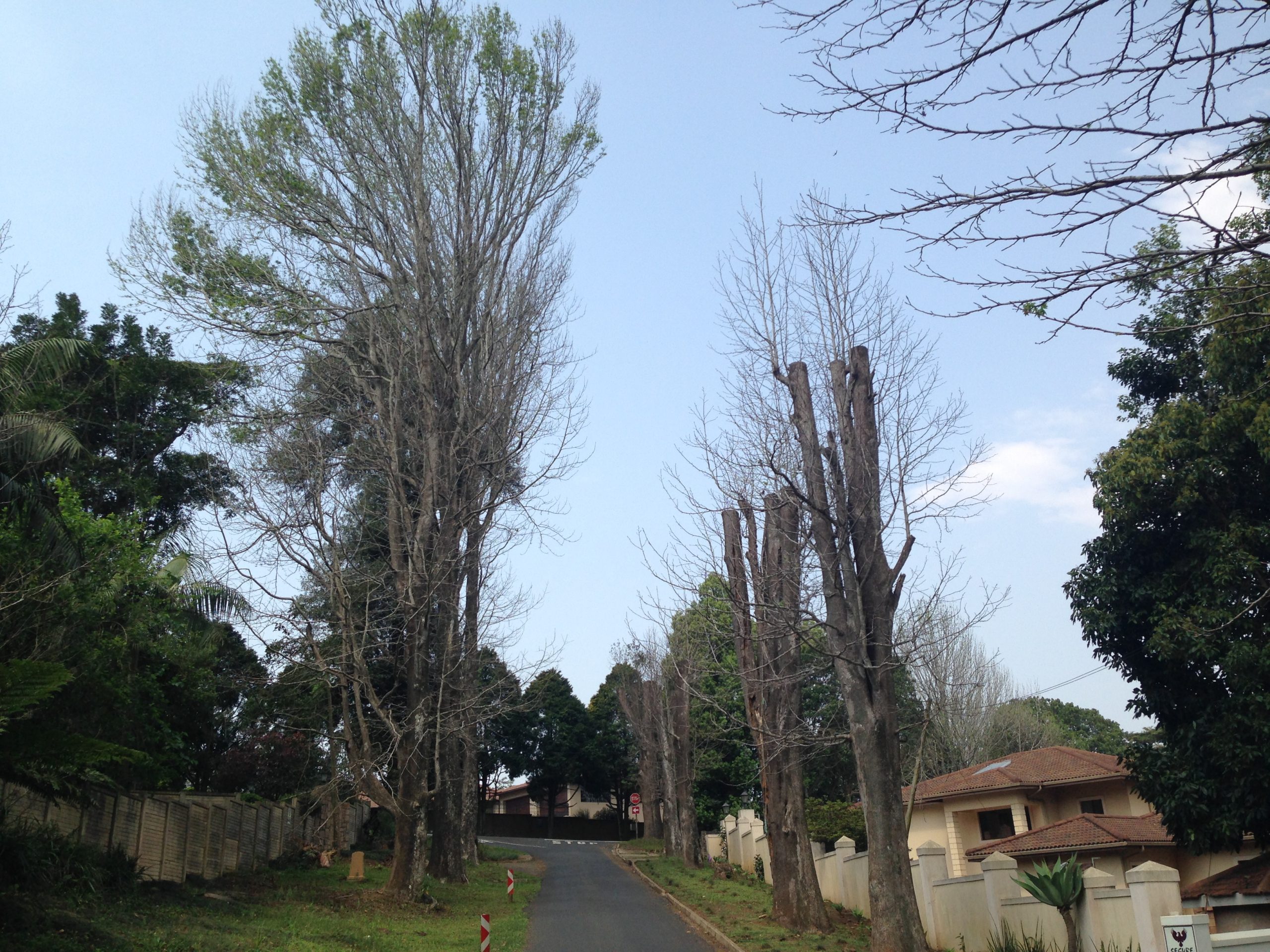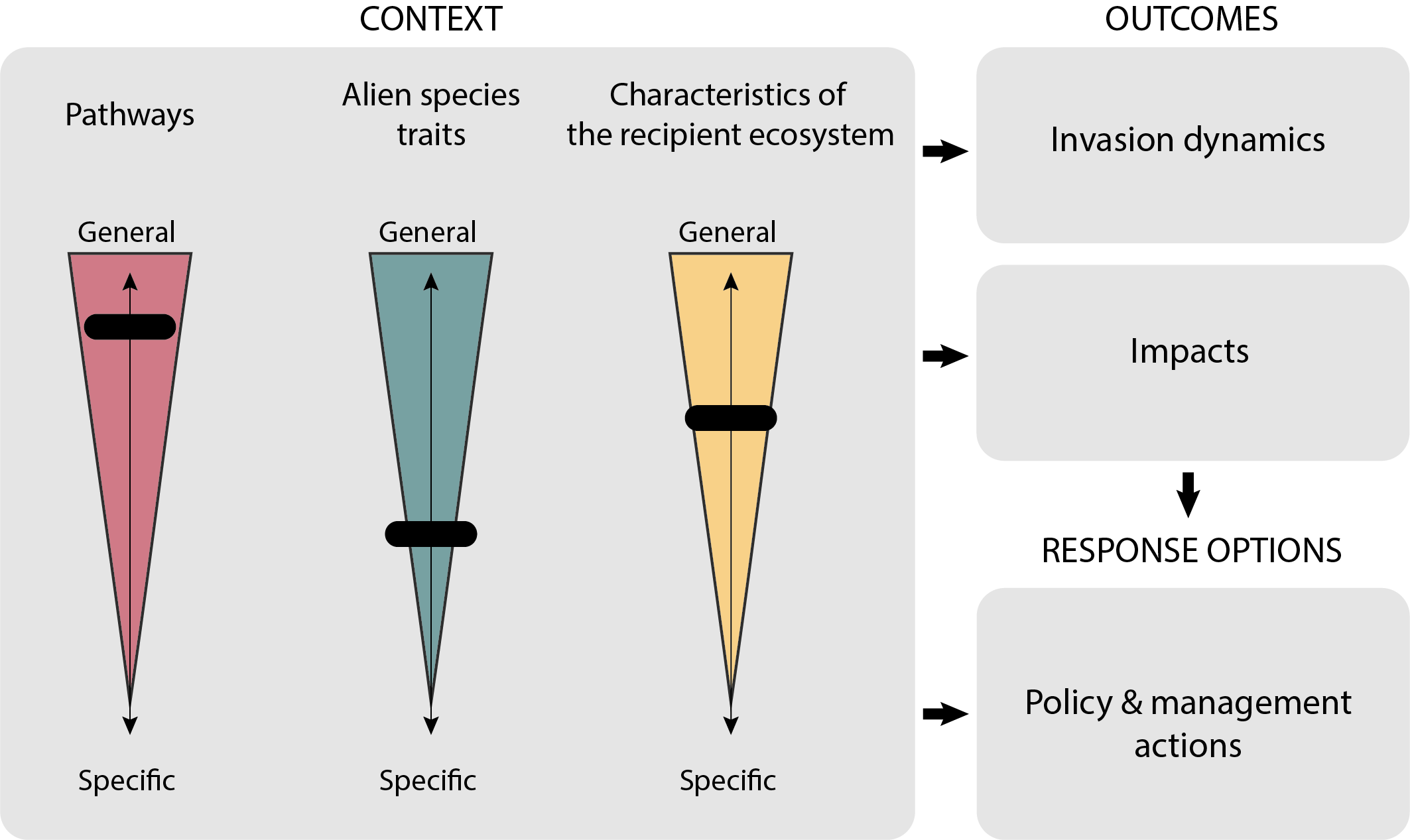The invasion continues: Alien species expected to increase by 36% until 2050
Compared to the year 2005, the number of alien species is expected to increase by 36% by the middle of this century. The majority of these newcomers are insects. These are the results of a study by an international team of researchers led by Dr Hanno Seebens of the Senckenberg Biodiversity and Climate Research Center in Germany.


